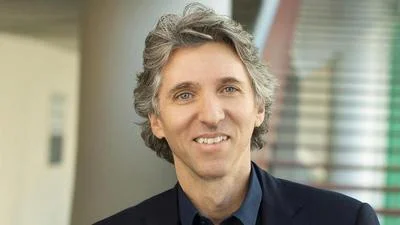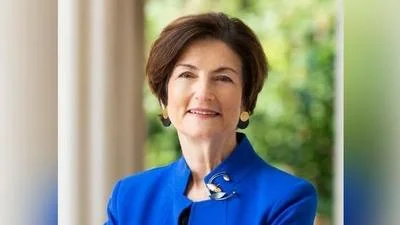Rabbi Dr. Ari Berman, President and Rosh Yeshiva | Yeshiva University
Rabbi Dr. Ari Berman, President and Rosh Yeshiva | Yeshiva University
Sophie Schanzer, a graduate of the S. Daniel Abraham Honors Program at Stern College for Women, is set to present an abstract at the Psychonomic Society's 65th annual meeting in New York City from November 21-24, 2024. The meeting is described on its website as "recognized as the most important international meeting of cognitive psychologists coming from over 40 countries, including some of the field’s most distinguished researchers, innovative early career investigators, and students already making important scientific contributions."
The abstract stems from Schanzer's honors research thesis, which she developed under the mentorship of Dr. Anna-Lisa Cohen, a psychology professor. Her study involved male and female students at Yeshiva University participating in mental simulation exercises concerning their academic goals, post-graduation career goals, and relationship goals. The study aimed to assess how episodic future thinking affects goal vividness, perceptions of control towards the goal, pleasure associated with it, and related anxiety levels.
Findings indicated that pleasure linked to all three types of future goals decreased following simulations. Schanzer suggested this might be "because simulations highlighted the associated obstacles for successfully obtaining those goals." Her research also revealed increased vividness for future goals post-simulation, particularly academic ones. A gender-related effect emerged regarding perceived control over future goals; females rated their perceived control lower than males. Additionally, participants felt most in control of academic goals compared to career and relationship goals. Anxiety ratings related to these goals were reduced after simulations.
Schanzer and Dr. Cohen intend to collaborate with a colleague to publish the thesis in a top-tier scientific journal.
Dr. Cohen praised Schanzer's thesis as one of the highest quality works she has mentored since 2007. “This was in large part due to Sophie's quickness in picking up concepts, the caliber of her writing, her ability to integrate the relevant scientific literature, her ease with communication both in writing and in our meetings, and her tireless work ethic,” said Dr. Cohen. “What a pleasure this whole process has been,” she added.
“Dr. Cohen is an amazing mentor,” said Schanzer. “I have learned so much throughout this process, and I greatly appreciate all the time she devoted to working with me on this project. I am truly grateful for all of her help, guidance, and mentorship this year.”






 Alerts Sign-up
Alerts Sign-up